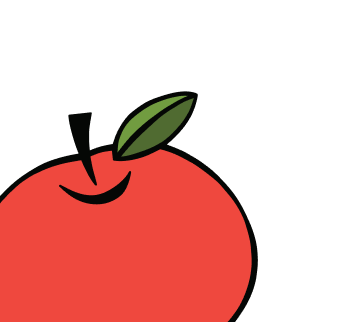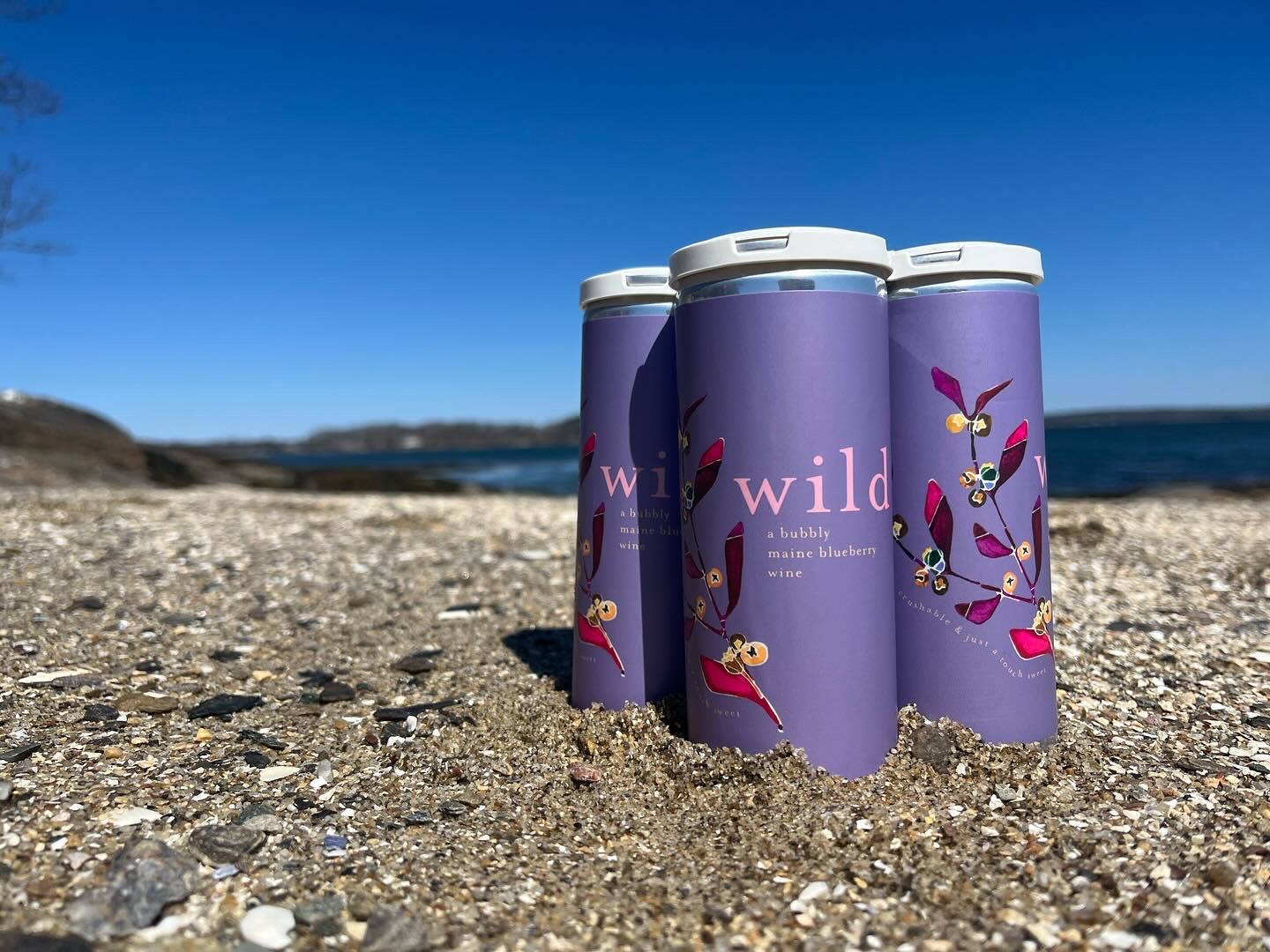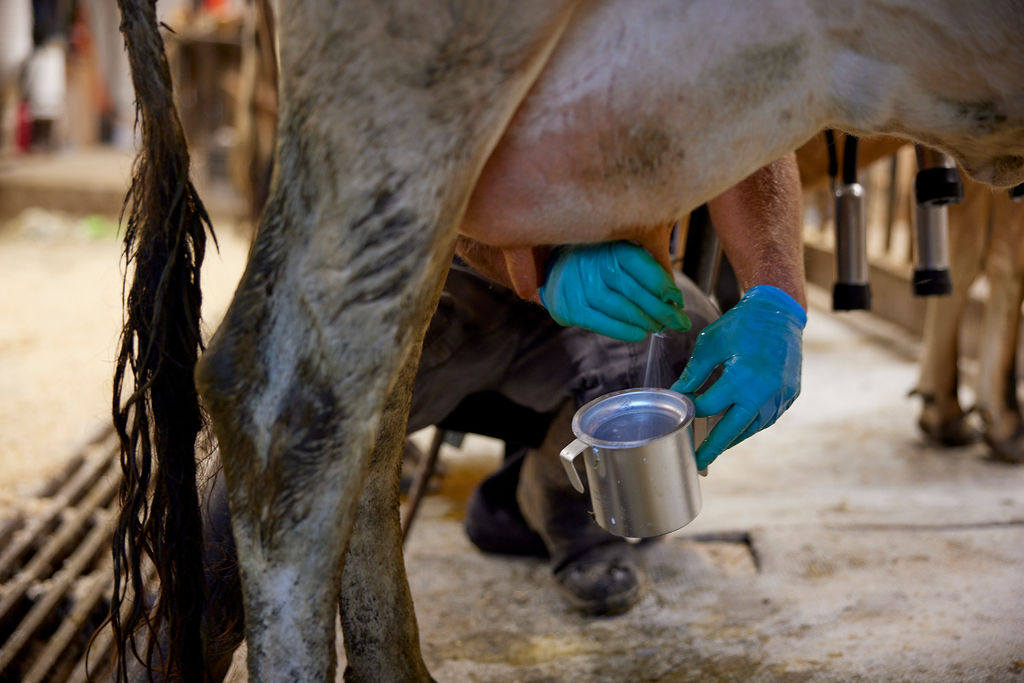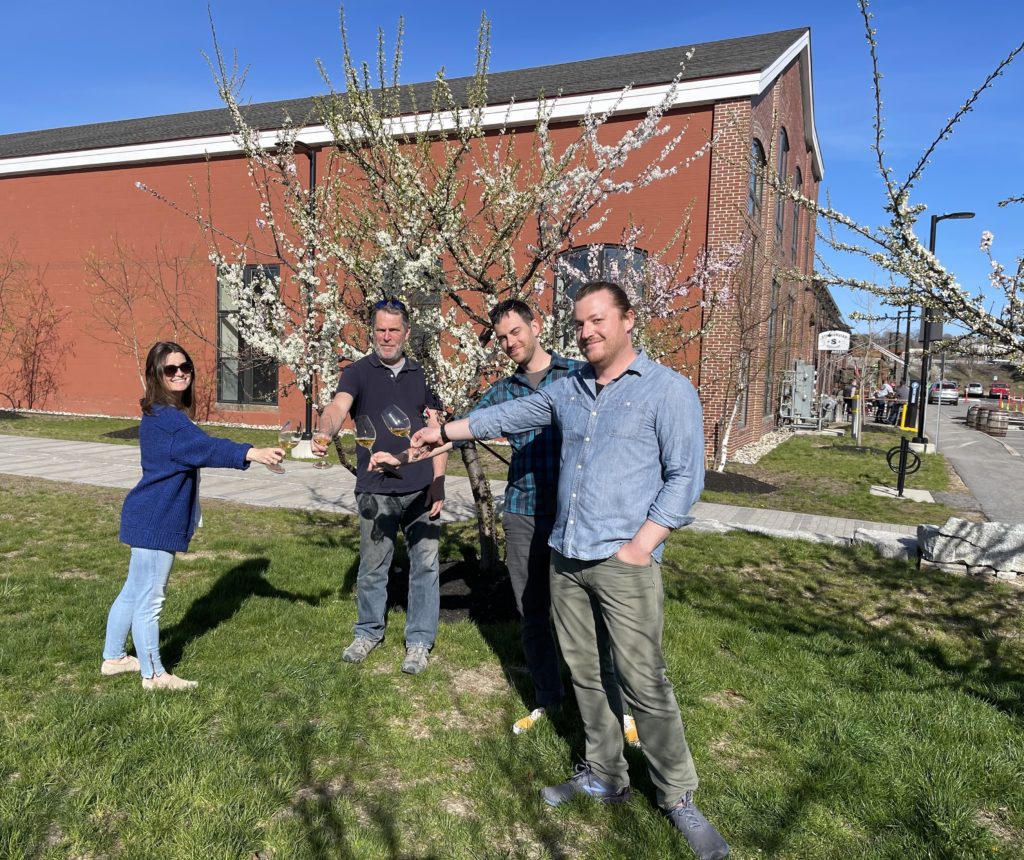Written by Joe Appel (former Rosemont Wine Director) & Emily Smith (former Rosemont Marketing Director).
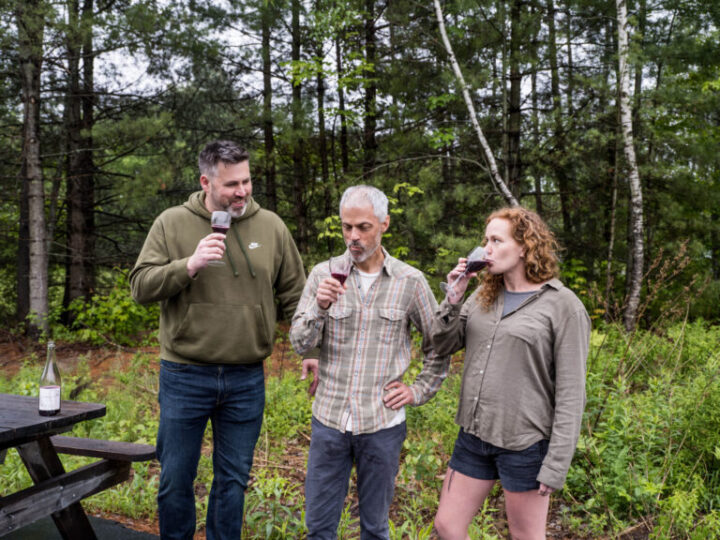
R.A.S. Wines is Dan Roche, Joe Appel, Emily Smith; many of you first crossed paths with us back in the days when Rosemont was a single shop on Brighton Avenue, then as Rosemont expanded to Yarmouth, Munjoy Hill and beyond. Rosemont is generously providing a little space here for us to describe a bit of what we do and why, so here’s the story.
People come to winemaking from all sorts of directions and life paths. Some are born into winegrower families, others are biochemists or engineers or geologists; some are moguls or magnates or titans who got bored; some WOOFers catch the bug, and it turns out there are a bunch of philosophy-major winemakers out there, too. Others get into this work because they love food (eating it and living in its culture) and wine (drinking it). That’s us. The three of us adore the entire context of genuine food and drink made by real people in real places. That adoration grew in us from early years, but it really flourished when we started working at Rosemont Market.
The mission then was the mission now: cultivating awareness of who our region’s farmers are and where they live, of how the lives of lands, animals and humans are all interconnected. Wine, one of humankind’s oldest methods for preserving and ennobling produce, is part of that web of relationships.
That’s why now we operate a winery in a business park off Portland’s Riverside Street, neighbors to auto detailers, industrial equipment suppliers, fastener fabricators. We work exclusively with fruit grown in Maine. We started with, and still focus on, low-bush Maine wild blueberries, which have grown here ever since some Scandinavian birds flying west dropped seeds on the northeastern corner of this continent beneath a receding glacier 11,000 years ago. It’s the ultimate sustainable, low-impact crop — never planted by humans but now tended by some. Our principal grower partner is the Passamaquoddy Wild Blueberry Co., Maine’s First People taking care of Maine’s indigenous fruit, as well as a sixth-generation family of growers Downeast. We’ve also added foraged and orchard apples, and, for the first time this summer as we tend some coastal vines in Warren, grapes. Our winemaking approach is minimalist: There’s a lot of effort involved, but mostly to stay out of the way intelligently while the fruit ferments and then the wines mature.
It’s interesting to gauge people’s reactions when we say “blueberry wine”. Those who have experience with such beverages usually hold negative connotations: cloyingly sweet, palate- (and soul-) deadening. Love ‘em or not-love ‘em, our wines are not like that. Wild blueberries are high in an electric sort of acidity (which has helped them grow successfully in a cold, marginal climate all this time), and our aim is to retain that vibrancy in the finished wines. We make dry (like, really) sparkling wines, a fortified-and-aromatized wine (akin to vermouth), a rosé apple/blueberry co-ferment (stay tuned for our next release in late August). After this year’s harvest we’ll offer a wine from grapes(!!), and a dry, non-sparkling, barrel-aged table wine that’s looking like it’ll be thrillingly good. Yup, they’ll be at Rosemont! We’ll also be launching a wine club soon, so sign up here to be kept abreast.
They’re all very low in alcohol, super versatile, refreshing, and congenial with all sorts of foods. There’s something about the combination in these wines of lightness with high energy and intensity of flavor that makes them distinctive. What do they taste like? Hard to say. They taste like good, interesting wines, maybe different from what you’re used to but actually not that different. The best way to find out is to taste them, and we’re going to try to make that very easy in the coming weeks, with a bunch of tastings at various Rosemont stores. You could also check out some details below.
Here’s something we can say with confidence: These wines taste like Maine — the sea; the etched, stony coast; the evergreens; the survival-and-thrival of fruit wholly suited to its somewhat marginal, untrammeled, challenging circumstances. The other thing we can say with confidence is that we really enjoy drinking them.
Wine Descriptions:
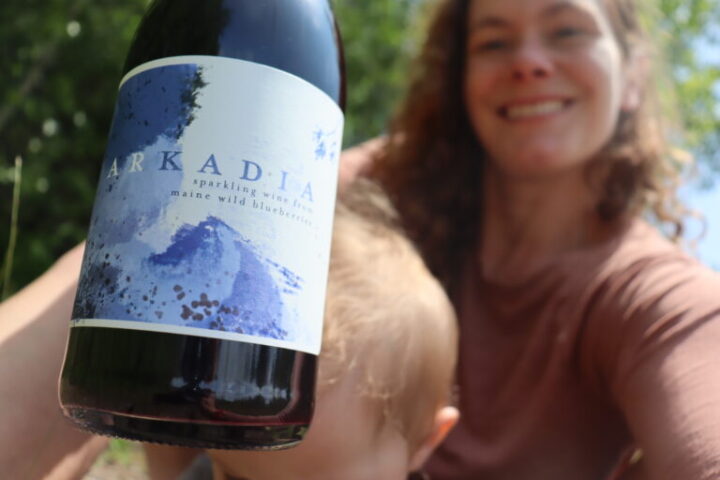 |
Arkadia: This wine was our first creation and remains our signature product. Though we made some mistakes in the past, the current vintage is exceptional. It is completely dry and lightly sparkling, made from 100% organically raised wild Maine blueberries that are hand-harvested. The wine undergoes a secondary fermentation in the bottle to achieve its bubbly quality. |
 |
Source Decay 2021: This vintage-dated, barrel-aged, traditional-method sparkling wine is made from Maine wild blueberries grown by the Beal family, who have been farming for six generations in Whiting, Maine. The blueberries come from a rocky field so close to the coast that you could toss a pebble into the Atlantic Ocean with one hand and into Canada with the other. This is a serious, gourmet wine, available in very limited quantities at a few Rosemont locations. More will be available next year. |
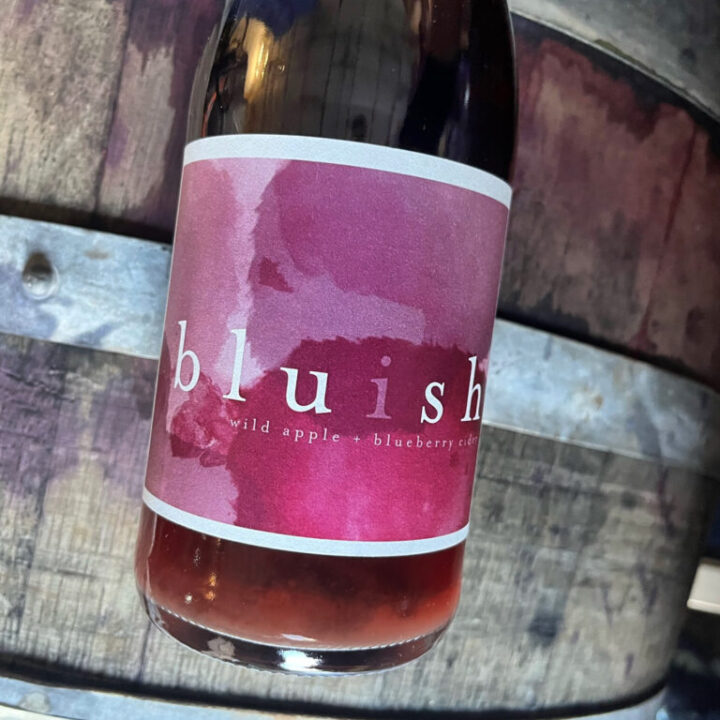 |
blu(i)sh: Cider is wine made from apples, but there isn’t a specific term for wine made from blueberries. This blend, which we jokingly call “blider,” is a unique and hard-to-classify co-fermentation of foraged and orchard-grown apples with wild blueberries. The result is a beverage that tastes like a fine, delicate rosé cider with an extra, indescribable quality. It’s pinpoint, elegant, and lovely. We never make quite enough, so look for the new vintage in late August. |
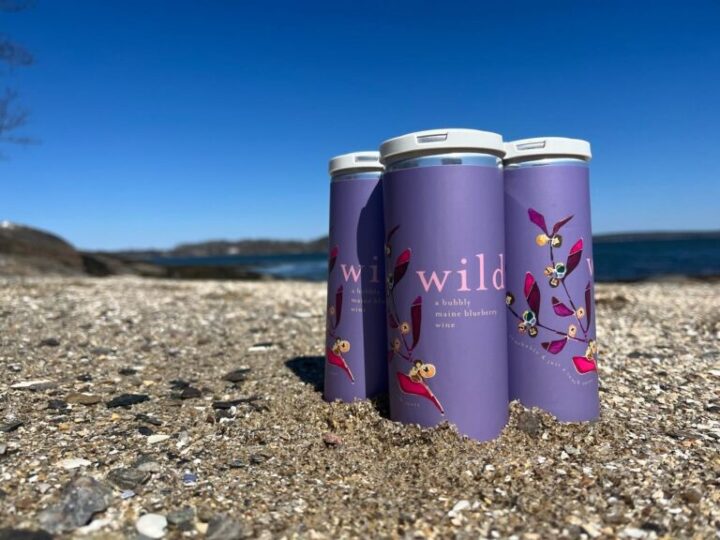 |
wild: This delightful little can is like a scrumptious summertime pop song. Made entirely from wild blueberries that are sustainably raised and hand-harvested by the Passamaquoddy Wild Blueberry Co., we add just a tiny bit of organic cane sugar. The amount is so small that most people can’t even tell it’s sweetened. It’s truly gulpably perfect. |
 |
A7 Americano: Think of this as a low-alcohol, savory vermouth. Starting with the same base wine used for Arkadia, we add brandy, making it “fortified,” and infuse it with various spices, roots, and fruits, making it “aromatized.” We’re passionate about vermouth—not the bland kind used in dry martinis, but the extraordinary types from Spain, Italy, and France. This 12% ABV drink is perfect chilled and neat or over ice, whether you’re cooking dinner or enjoying it with cheese after a meal. Those who know their cocktails can create amazing drinks with it. |
